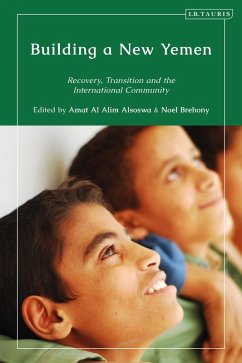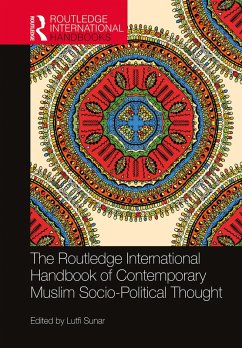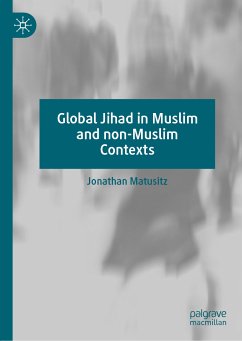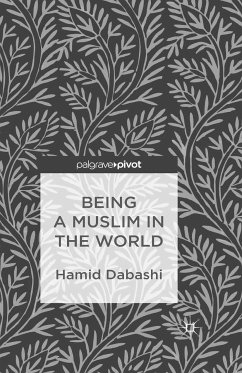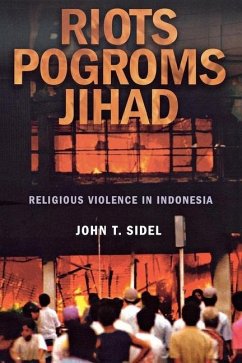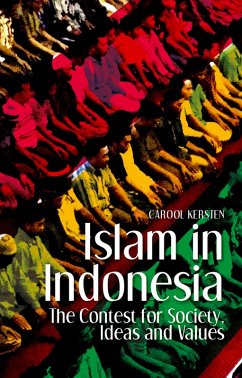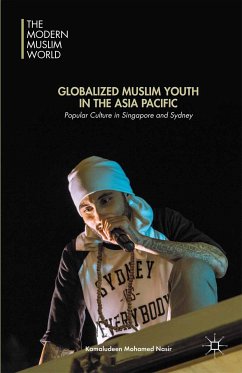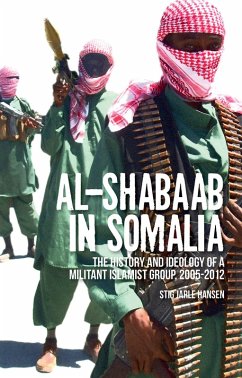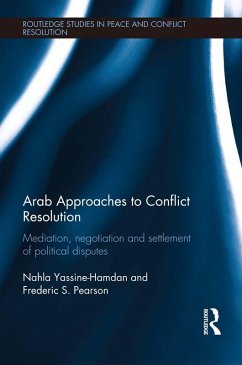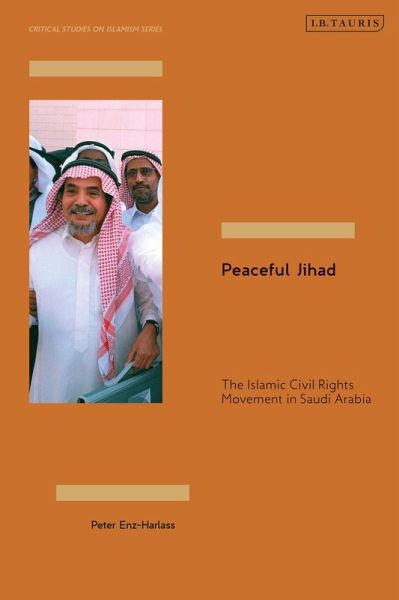
Peaceful Jihad (eBook, PDF)
The Islamic Civil Rights Movement in Saudi Arabia

PAYBACK Punkte
12 °P sammeln!
Human rights abuses and violations in Saudi Arabia attract international condemnation. But within the country, an Islamic civil rights movement, 'HASM', has called for change. While its members have received international human rights awards, the Saudi authorities have persecuted and imprisoned them. This book is the first to study human rights in the kingdom from the perspective of these prominent Saudi civil rights activists, uncovering the actual ideas that motivate their activism. Based on analysis of the group's texts, the book highlights that HASM neither supports an overthrow of the gov...
Human rights abuses and violations in Saudi Arabia attract international condemnation. But within the country, an Islamic civil rights movement, 'HASM', has called for change. While its members have received international human rights awards, the Saudi authorities have persecuted and imprisoned them. This book is the first to study human rights in the kingdom from the perspective of these prominent Saudi civil rights activists, uncovering the actual ideas that motivate their activism. Based on analysis of the group's texts, the book highlights that HASM neither supports an overthrow of the government, of which they are accused, nor are they "liberal" advocates of universal human rights. Their complex thought is a contribution to contemporary Islamic discourse because they make a case for 'peaceful civil jihad' through the protection of citizens' basic rights, but within a rigid, Salafist interpretation of social affairs that imposes heavy limits on politics, human rights and democracy. Furthermore, HASM's texts use war rhetoric and anti-Semitic language, with different arguments and words for domestic or international audiences. The most comprehensive text on this Islamic civil rights movement, the book employs detailed discourse analysis and includes sources from HASM texts in both Arabic and English.





